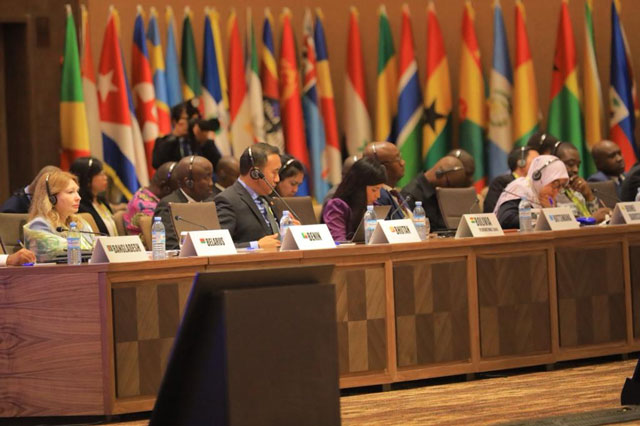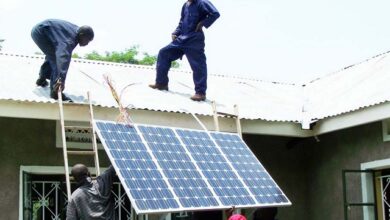
By Guest Writer
Opinion: As Uganda hosts the Non-Aligned Movement (NAM) Summit 2024, it is imperative to undertake a comprehensive assessment of the NAM’s historical context and its relevance today.
The NAM, comprising developing nations, has traditionally distanced itself from alignment with major power blocs. However, in light of the mounting challenges faced by these nations, it is time to critically reassess this stance.
In the complicated wall-hanging of global geopolitics, the NAM stands as a beacon for developing nations seeking autonomy. However, behind this disguise of neutrality lies a complex web of challenges that continues to plague these countries, casting shadows on their socio-economic progress.
Many NAM countries find themselves trapped in a relentless cycle of debt owed to first-world nations. While these loans may have provided short-term relief, the accompanying strings tie member nations to a web of obligations, often hindering sustainable development. As interest accumulates, the burden intensifies, stifling economic growth and perpetuating dependence on external forces.
The echoes of colonialism persist, threatening the unique cultural identities of NAM member nations. The struggle for self-determination is physical, with the weight of colonialism obstructing genuine progress. Preserving cultural heritage in the face of globalization remains a difficult challenge, as the influence of external cultures looms large.
The economic landscape for NAM countries is spoiled by unfair trade practices. A historical legacy of exporting raw materials and importing finished goods at unreasonable prices perpetuates a cycle of economic exploitation. This imbalance undermines efforts towards self-sufficiency and suffocates the growth of domestic industries, leaving member nations economically vulnerable.
Developing nations within the NAM bear the brunt of climate change, a crisis largely set in motion by developed nations. Rising sea levels, extreme weather events, and agricultural disruptions worsen existing vulnerabilities, excessively affecting the most underprivileged communities. The call for climate justice and equitable adaptation measures remains unmet on the global stage.
Extreme poverty, aggravated by the challenges mentioned above, disproportionately affects the youth within NAM countries. As the backbone of future progress, the youth grapple with limited opportunities, hindering their potential contributions to societal advancement. Addressing this issue is crucial for breaking the cycle of poverty and fostering sustainable development.
As the NAM summit progresses in Uganda, member nations must collectively confront these challenges. While the principle of non-alignment has historically shielded them from major power conflicts, it is time to re-evaluate this stance. The NAM can evolve into a platform that actively advocates for the socio-economic development of its members.
By forming alliances based on shared interests, renegotiating debt terms for sustainable development, and collectively addressing the impacts of climate change, the NAM can transform into a force that champions the well-being and progress of developing nations. This shift represents an opportunity to redefine the narrative, fostering unity and collaboration on the global stage.
The NAM Summit 2024 holds the potential to mark a turning point in the history of these nations, where collective action becomes the catalyst for positive change. It is time for member countries to rise above the challenges, forge a new path, and emerge stronger in their pursuit of prosperity and autonomy.
The author is Babirye Jemimah Kasibbo, Concerned Citizen.
Disclaimer: As UG Reports Media LTD, we welcome any opinion from anyone if it’s constructive for the development of Uganda. All the expressions and opinions in this write-up are not those of UG Reports Media Ltd. but of the author of the article.
Would you like to share your opinion with us? Please send it to this email: theugreports@gmail.com.






